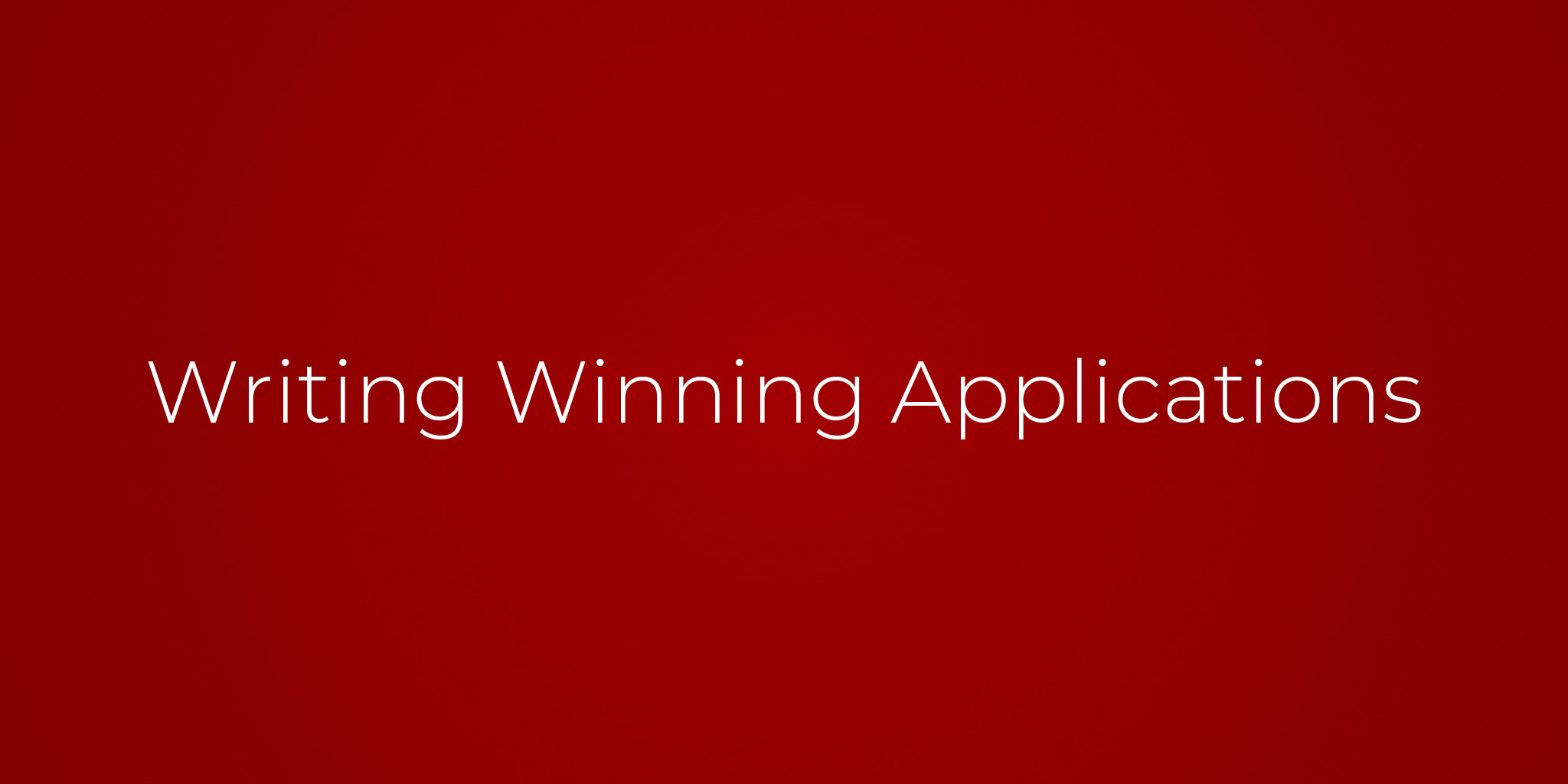Writing Winning Applications

In convenient timing, today I’m going to share some tips for writing great scholarship/college applications. These can also be used for interviews or any situation in which you’re trying to “sell yourself” effectively.
My experience in this comes from applying for, interviewing for, and receiving a full-ride college scholarship; and more recently applying to and getting accepted into medical school. Last month, I also proofread and edited a scholarship application of my brother’s, which he received!
Here are 4 tips to help make your essays/applications the best they can be!
1. Be unique, but answer the question
Keep in mind two things: whoever is reading your application is also reading many others, but they also asked their question for a reason. Tell your story your way, just make sure your overall response addresses the prompt clearly and comprehensively.
2. Walk the line of telling them what they want to hear
Let’s be real here. We often know what the judges/interviewers are looking for based on their questions. Of course you should be honest and true to yourself in your responses, but you can always frame responses in a way that targets exactly what they’re looking for. Focus on those concepts in your response. Look at mission statements, values, and other verbiage on websites to find key themes, and respond in a way that highlights those.
3. Use specific examples
This may be the most overlooked point, in my opinion. Using specific examples from your life is how you make responses compelling. It shows that you have already demonstrated the characteristics/activities in question and can connect your prior experiences to new ones. The STAR method is helpful in organizing your personal examples:
Situation- describe the situation/event
Task- describe what you had to do
Action- describe the steps you took to accomplish the task
Result- describe the outcome of the situation and actions you took
Using specific examples and, if needed, what you learned from them adds depth and life into responses and automatically adds that valuable element of personality and uniqueness.
4. Ask for editors
Please, guys, have at least one person read through your response, if not multiple people. Spellcheck is great, but it won’t tell you if you’re missing a word, used the wrong homophone, or forgot punctuation. A great response can be killed by just a few egregious spelling or grammar mistakes. Plus, your proofreaders will be able to tell you if your content and organization make sense.
I always keep these things in mind as I write scholarship/admission applications or respond in interviews. They help me to give focused responses that are true, personal, and, frankly, sound good!
Are there any specific strategies you use to craft great application responses?
Keep in touch! Subscribe to the SSF Newsletter today for news and updates!
Have any questions you'd like to ask, requests for articles, or feedback? Email us at help@sebsscholarship.org.
Written by Holly Lakin on Feb 08, 2021